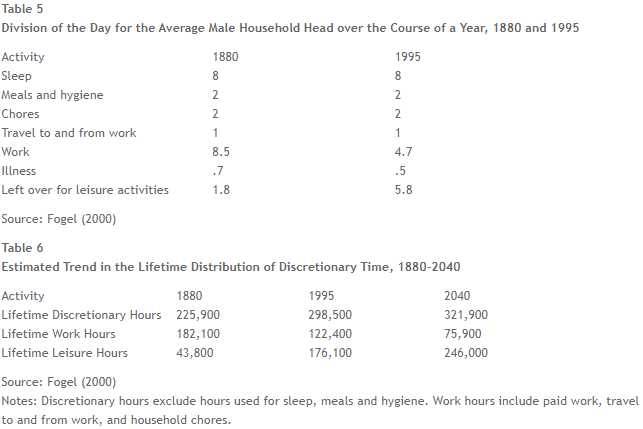 Why do we ever have 5-day work-weeks?
Why do we ever have 5-day work-weeks?
They did a huge 4-year test in Iceland, with 2,500 workers (1% of the labor force) where they paid the workers the same amount for about 36 hours of work (9 hours a day) just 4 days a week and, surprise!, productivity remained the same or even improved in the majority of workplaces. The trials led unions to renegotiate working patterns, and now 86% of Iceland's workforce have either moved to shorter hours for the same pay, or will gain the right to, the researchers said.
Workers reported feeling less stressed and at risk of burnout, and said their health and work-life balance had improved. They also reported having more time to spend with their families, do hobbies and complete household chores. Will Stronge, director of research at Autonomy, said: "This study shows that the world's largest ever trial of a shorter working week in the public sector was by all measures an overwhelming success.
Spain is piloting a four day working week for companies in part due to the challenges of coronavirus. And consumer goods giant Unilever is giving staff in New Zealand a chance to cut their hours by 20% without hurting their pay in a trial. While employees are hurting for Labor, now is the time to re-negotiate those hours. I did that in one of my first jobs – telling my boss I'd work 4 10-hour days (selling computers) if I could take Monday's off, which were typically slow days. I was the top salesman in the company. Still, Corporations being what they are – they never experimented on anyone else – just the one guy who asked for it.
 The average workweek for factory workers in the US in 1830 was 69 hours! In 1900 it was still 60 hours but then we had automation and we were down to 50 hours by 1930 – though the economy did collapse – so take that with a grain of salt. After World War II we got down to 40 hours and no actual improvement since then, though it is projected that, by 2040, we should have about 30% less work in our week as the next round of automation kicks in. …
The average workweek for factory workers in the US in 1830 was 69 hours! In 1900 it was still 60 hours but then we had automation and we were down to 50 hours by 1930 – though the economy did collapse – so take that with a grain of salt. After World War II we got down to 40 hours and no actual improvement since then, though it is projected that, by 2040, we should have about 30% less work in our week as the next round of automation kicks in. …













